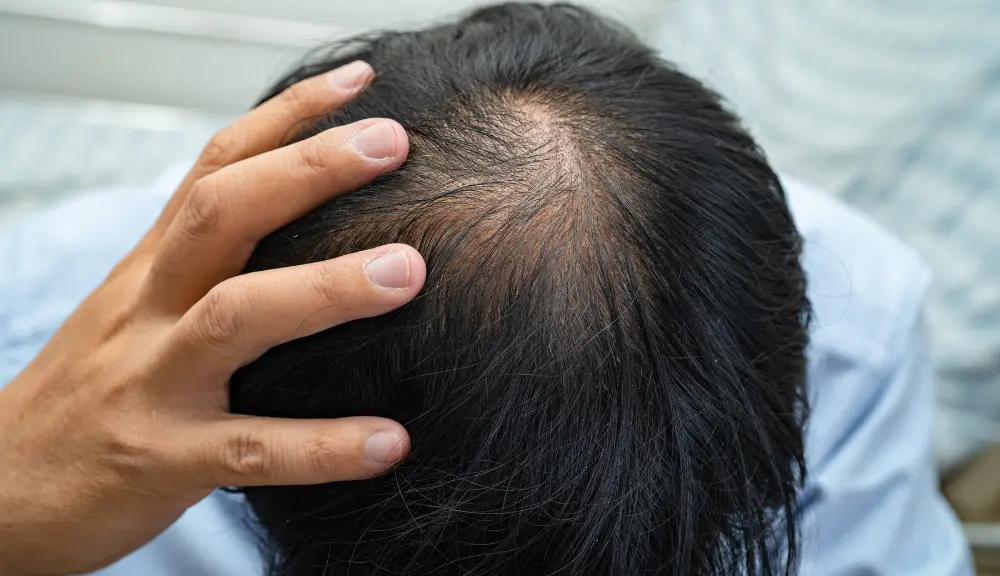In the ever-glamorous world of wellness, weight-loss quick fix drugs like Wegovy, Semaglutide and Ozempic have skyrocketed from medical innovation to cultural obsession. They promise jaw-dropping results and red-carpet transformations, but a new study suggests there may be a hidden cost: your hair.
In the study, researchers analyzed data from the IQVIA PharMetrics Plus for Academics database, which contains records on 16 million people. For this study, they focused on nearly 2,000 first-time semaglutide users, none of whom had diabetes or prior exposure to similar drugs. Their outcomes were compared with more than 1,300 people prescribed bupropion-naltrexone, another weight-loss medication with a different mechanism.
The participants were tracked from the moment they began their prescriptions through the time they were diagnosed with hair loss. The findings were striking: those on semaglutide faced a significantly higher risk of hair loss compared to those on bupropion-naltrexone. Women were especially vulnerable, with rates of hair loss nearly double that of men.
So why does this happen?
Experts propose several possible explanations:
- First, rapid weight loss itself is a known stressor that can trigger telogen effluvium, a temporary but noticeable shedding of hair. Semaglutide, famed for its dramatic slimming power, may accelerate this effect more than its pharmaceutical rivals.
- Second, by suppressing appetite, semaglutide users may inadvertently cut vital nutrients out of their diets. Hair thrives on protein, iron, zinc, and biotin, and without them, it struggles to grow. Some patients also report gastrointestinal issues such as nausea and vomiting, which can limit nutrient absorption even further.
- Finally, there may be an element of hormone dysregulation involved, another factor that can disrupt the natural hair cycle.
The researchers caution that while their study reveals an important link, more investigation is needed to confirm whether semaglutide directly contributes to hair loss or whether it’s an indirect side effect of rapid body changes.
Still, the implications are clear: those considering semaglutide strictly for weight loss should factor in hair loss as a potential limitation. Women, in particular, may want to think twice before prioritizing quick weight loss over hair health.
As the study authors noted, the risk-benefit calculus is different for someone managing diabetes or morbid obesity than for someone using semaglutide for cosmetic or lifestyle reasons. For the former, hair loss may feel like a small trade-off. For the latter, it might not.
The bigger picture?
Beauty is always about balance.
Yes, slimming down might get you into your dream dress, but if it costs you the hair you love, is it really worth the cost? The good news is that most stress-related shedding is temporary like seasonal shedding. With proper hair fall control diet, gentle hair care and time, regrowth is likely. Dermatologists recommend nourishing meals, supplements where needed, and avoiding harsh styling while your body adjusts.
At the end of the day, drugs like semaglutide can be powerful tools, but they’re not magic. Your body will always demand care, attention, and respect. If you’re embarking on a weight-loss journey, do it thoughtfully, with both your silhouette and your scalp in mind. Because real beauty isn’t about choosing between your waistline and your crown; it’s about keeping both radiant.








